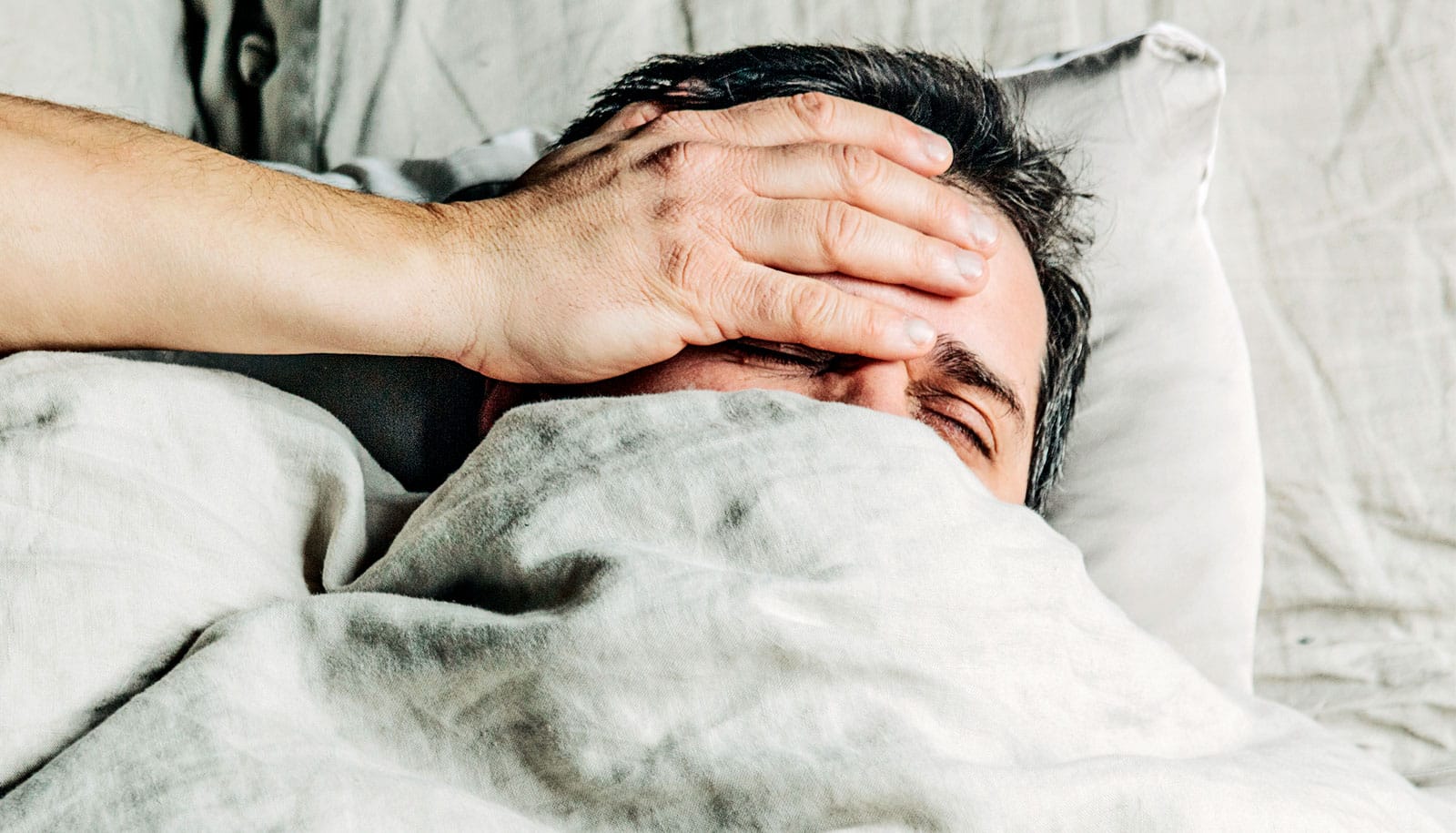Hoping that “it gets better” or clinging to the hope of a better future isn’t the best way for lesbian, gay, or bisexual teens to cope with sexual-orientation-related stress, a new study suggests.
A better method, according to the research, is for teens to seek out organizations, activities, and resources focused specifically on the gay, lesbian, and bisexual community.
Toomey and his collaborators examined 245 LGB young adults’ retrospective reports of how they coped with sexual minority stress during adolescence.
The researchers saw three common types of strategies emerge: cognitive strategies, such as imagining a better future; alternative-seeking strategies, such as changing schools or seeking new friend groups in response to stress; and LGB-specific strategies, such as getting involved in LGB-focused organizations or seeking out resources and activities specific to that community.
Those who engaged in LGB-specific strategies reported better psychosocial adjustment and more likelihood of graduating high school than those who relied more heavily on the other two strategies.
Cognitive and alternative-seeking strategies were associated with poorer adjustment, more depressive symptoms, and lower self-esteem. Alternative-seeking strategies were even linked to lower likelihood of finishing high school.
“In our study, we demonstrate for one of the first times that if youth cope with LGB-related stress by seeking out LGB spaces or information it promotes health and reduced likelihood of dropping out of high school,” says Russell Toomey, lead author of the research, which will appear in the Journal of Homosexuality.
“Our findings question the ‘it gets better’ narrative that’s been given to LGB youth,” says Toomey, an assistant professor in the John & Doris Norton School of Family and Consumer Sciences at the University of Arizona. “Asking youth to accept negative experiences as the only coping strategy potentially exacerbates stress.”
The new study also warns of the harm that can come from alternative-seeking, or more escape-based coping strategies, which continue to be promoted in some schools, Toomey notes.
Rural LGBTQ youth want these 4 kinds of support
“When a young person experiences harassment or bullying related to their sexual orientation or gender at school, principals and administrators might counsel them to transfer to a different school to deal with the problem,” Toomey says. “The child who has a different sexuality or gender identity expression is then labeled as the problem instead of really addressing the issue.
“Alternative-seeking strategies involve finding new spaces to thrive in, rather than coping with the space that you’re in, and our results find that that’s associated with more depressive symptoms, less self-esteem and less satisfaction in life,” he says.
Toomey’s study analyzes data from the Family Acceptance Project, a research, education, and intervention initiative to prevent risk and promote well-being for LGBT children and youth, affiliated with San Francisco State University. Although the data included responses from some transgender individuals—who also identified as gay, lesbian, or bisexual—future studies are needed to understand how transgender youth cope with the unique stressors they encounter, Toomey says.
Toomey hopes the research will encourage educators and families to help connect their teens to LGB-specific resources.
On campuses, that might include anything from a pamphlet in the guidance counselor’s office to gay-straight student alliances, which are gaining popularity in American high schools and even middle schools nationwide. Community organizations and online resources geared toward LGB youth and their parents also can be valuable, Toomey says.
Teens safer in schools with gay-straight alliances
“Everybody needs community,” he says. “Everybody needs support, and it’s really important, particularly in adolescence, to find other people who are like you, since you are going through, developmentally, a stage where you may frequently think that you’re the only one that’s experiencing whatever you’re experiencing.
“Having a support group where other people look like you and experience the same thing as you is really important for health, well-being, development, and sense of identity,” Toomey says.
Source: University of Arizona



